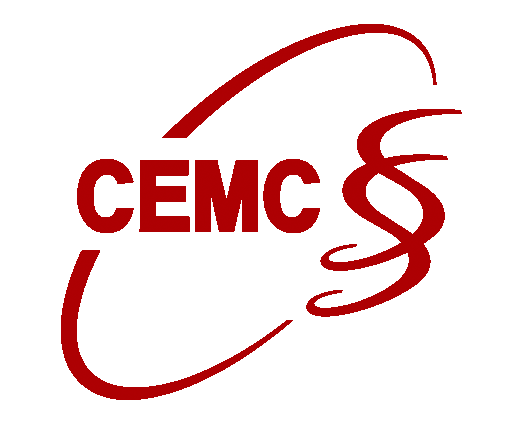Print ISSN : 1672-9145
Online ISSN : 1745-7270
CN : 31-1940/Q
Open Access Content

Current Issue
Archive
{{currentPubYear}}, 第{{currentVolume}}Volume,
第{{currentIssue}}Issue
(部分)
Volume {{currentVolume}}, Issue {{currentIssue}},
{{currentPubYear}}
(in progress)
Current Issue
{{currentVolume}}Volume,
{{currentIssue}}Issue
Volume {{currentVolume}},
Issue {{currentIssue}}
{{ item }}s
{{
item.year }}
{{ item.pubMonth }} {{ item.pubYear }}
{{ item.volume }}Volume, {{ item.code }}Issue
Volume {{ item.volume }}, Issue {{ item.code }}
(partial)
{{ item }}s
{{
item.year }}
{{ item.pubMonth }} {{ item.pubYear }}
{{ item.volume }}Volume, {{ item.code }}Issue
Volume {{ item.volume }}, Issue {{ item.code }}
(partial)
Select All
Unselect
Export
Download PDF
{{ listItem.articleTypeStr }}
|
{{ listItem.themeStr }}
|
{{listItem.displayResorceName}}
{{listItem.resourceTypeStr}}
专题集
Topic
Collection
Details
Synopsis
{{lang == 'en_US' ? 'No data' : '暂无数据'}}
Back
Archive
{{ item }}s
Current Issue
Volume {{currentVolume}}, Issue {{currentIssue}}
Back
Historical journal
{{ item }}s
Current Issue
Volume {{currentVolume}}, Issue {{currentIssue}}








 Download PDF
Download PDF








